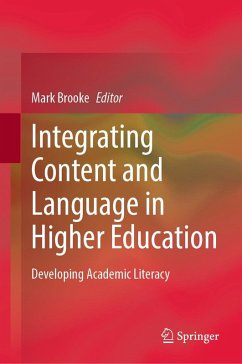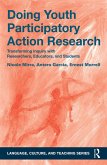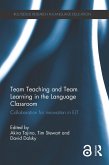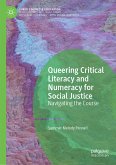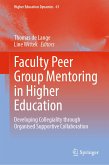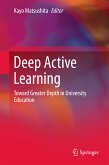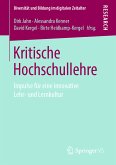This book presents research initiatives by tutors involved in a content-based instruction context as part of the University Town writing programme, National University of Singapore, which is an interdisciplinary programme designed to teach first- and second-year undergraduate students how to conduct academic research and write evidence-based research papers. It presents research the tutors conducted within the dual fields of teaching discipline-specific content and developing students' academic literacy. The book focuses mainly on pedagogy and material development in this context. It shares the tutors' scholarship of teaching and learning experiences from this programme through presenting action research from the classroom, demonstrating constructive cycles of praxis, which are then evaluated using student texts and student feedback. The book draws on academic research literature related to content-based instruction, as well as topics such asfacilitating collaborative peer reviews of assignments, and critical thinking pedagogy. It covers how multi-disciplinary or multi-lingual classrooms of this genre can motivate students to conduct and write up research and provides an overview of how both content and academic literacy is combined at a high level of engagement from an Asian context.
Dieser Download kann aus rechtlichen Gründen nur mit Rechnungsadresse in A, B, BG, CY, CZ, D, DK, EW, E, FIN, F, GR, HR, H, IRL, I, LT, L, LR, M, NL, PL, P, R, S, SLO, SK ausgeliefert werden.

